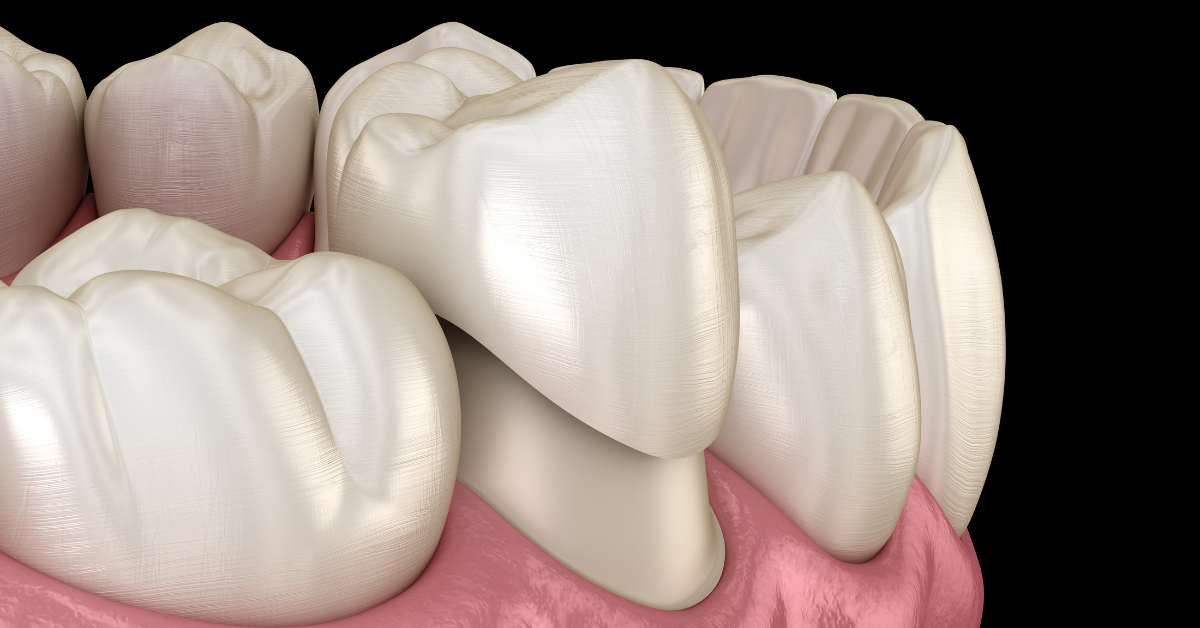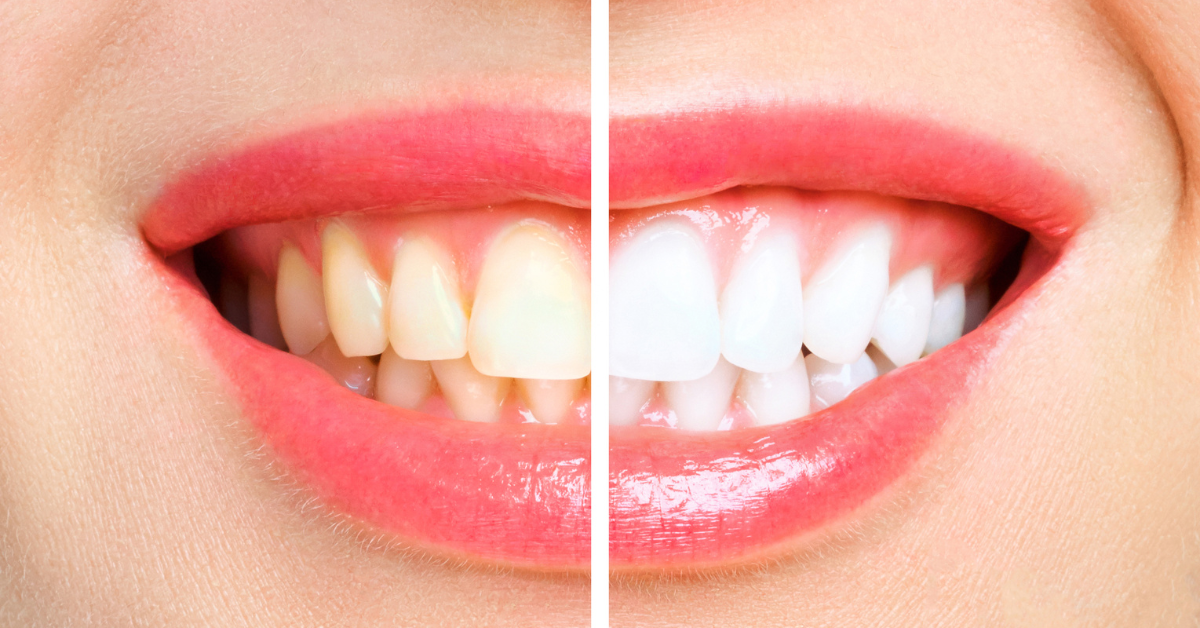A dental crown is a tooth-shaped cap that is placed over a tooth to restore its shape, size, strength, and appearance. Crowns are typically made of porcelain or metal, and they can be cemented in place or attached to a dental implant.
What are the reasons for getting a dental crown?
There are many reasons why you might need a dental crown. Here are some of the most common reasons:
- To protect a weak tooth: A dental crown can be used to protect a weak tooth from breaking or cracking. This may be necessary if the tooth has a large filling, has been damaged by decay or trauma, or has undergone root canal therapy.
- To restore a broken or worn-down tooth: A dental crown can be used to restore a broken or worn-down tooth to its original shape and size. This can improve the tooth’s appearance and function.
- To hold a dental bridge in place: A dental crown can be used to hold a dental bridge in place. A dental bridge is a fixed dental restoration that is used to replace one or more missing teeth.
- To cover a dental implant: A dental crown can be used to cover a dental implant. A dental implant is a surgical post that is inserted into the jawbone to replace a missing tooth root.
What are the different types of dental crowns?
There are several different types of dental crowns, including:
- Porcelain crowns: Porcelain crowns are the most popular type of dental crown. They are made of a tooth-colored material that can be matched to the surrounding teeth. Porcelain crowns are strong and durable, and they can look very natural.
- Metal crowns: Metal crowns are made of gold or other metals. They are very strong and durable, and they are often used for teeth that are under a lot of stress, such as the back teeth.
- Porcelain-fused-to-metal crowns: Porcelain-fused-to-metal crowns are made of a metal base that is covered with a layer of porcelain. They are strong and durable, and they can look very natural.
- Zirconia crowns: Zirconia crowns are made of a metal-free material that is very strong and durable. They are a good option for people who have allergies to metal.
What is the procedure for getting a dental crown?
The procedure for getting a dental crown typically involves two visits to the dentist. During the first visit, the dentist will prepare the tooth for the crown by removing any decay or old fillings. The dentist will then take an impression of the tooth, which will be used to make the crown.
During the second visit, the dentist will try on the crown to make sure it fits properly. Once the crown fits properly, the dentist will cement it in place.
What are the benefits of dental crowns?
There are many benefits to dental crowns, including:
- They can restore the function and appearance of your teeth.
- They can protect weak teeth from breaking.
- They can hold dental bridges in place.
- They can cover dental implants.
- They can last for many years with proper care.
What are the risks of dental crowns?
There are a few risks associated with dental crowns, including:
- Tooth sensitivity: Some people experience tooth sensitivity after getting a dental crown. This is usually temporary and goes away on its own.
- Allergic reaction: Some people are allergic to the materials used to make dental crowns. This is a rare occurrence, but it is important to tell your dentist about any allergies you have before getting a crown.
- Damage to the adjacent teeth: If a dental crown is not fitted properly, it can damage the adjacent teeth.
How can I care for my dental crown?
To care for your dental crown, you should:
- Brush and floss your teeth twice a day.
- Use a mouthwash.
- See your dentist for regular checkups and cleanings.
With proper care, dental crowns can last for many years.
Conclusion
Dental crowns are a versatile and effective treatment for a variety of dental problems. They can restore the function and appearance of your teeth, and they can help to protect your teeth from further damage. If you are considering getting a dental crown, talk to your dentist about the risks and benefits of the procedure. Please find the dental office near you in these locations: Attleboro, Chelmsford, Hyde Park, Jamaica Plain, Lynn, Manchester, Methuen, Roslindale, Taunton.




